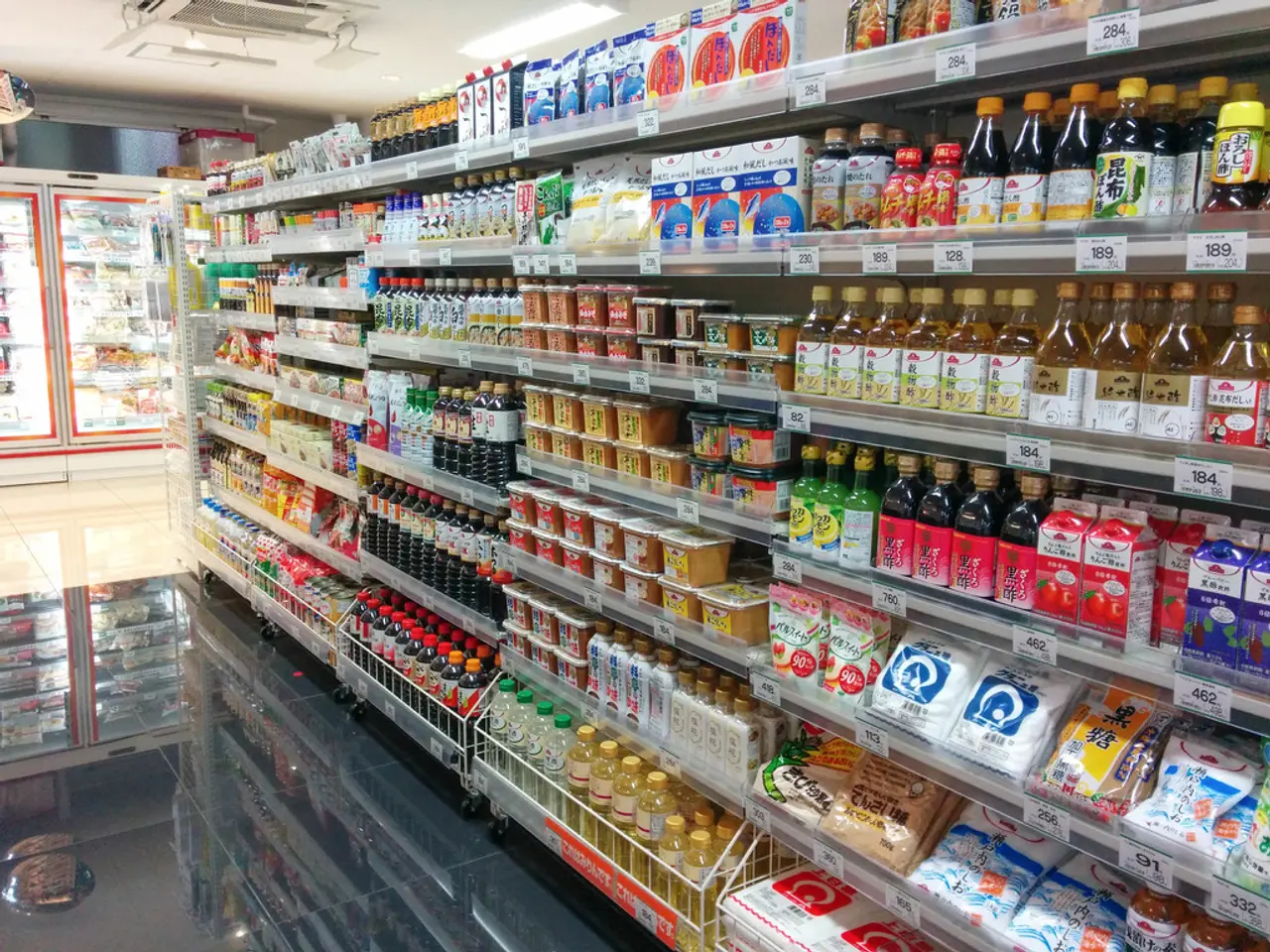Unveiled: Merkel Greenlit Gazprom Deal Amid Warnings and Crisis
Gazprom Deal Sealed Through Merkel's Discretionary Signal
Turns out, Chancellor Merkel wasn't as neutral as she made it seem regarding the Gazprom deal. Internal documents from her Chancellery, released under legal pressure, reveal her covert support for the sale of German gas storage facilities to the Russian state corporation, plus her backing for the Nord Stream pipeline projects.
The documents expose Merkel's role in championing the Russian gas business, despite objections from officials. With a shrewdness few can match, she navigated the muddy waters of political tension and economic opportunism, putting Deutschland's business ties with Putin's regime ahead of warnings from her own team.
A dossier of 63 documents, initially hidden from public view, was finally made available by the Chancellery after the Süddeutsche Zeitung challenged its decision with the Freedom of Information Act. As it turns out, Merkel's government had been pulling the strings of Gazprom for quite some time.
Cashing in with Gazprom
One of the most damaging revelations is the asset swap deal between Gazprom and BASF/Wintershall. To put it simply, Gazprom nabbed a chunk of Germany's gas trading, while Wintershall, a subsidiary of the global chemical giant BASF, received shares of gas fields in West Siberia.
In 2015, the Chancellor was officially notified of the arrangement. But here's the catch: by letting Gazprom into Germany's gas trade, Merkel handed over the direct gas supply to city utilities, regional gas suppliers, companies, and power plants, effectively placing them in the hands of a foreign adversary. What's more, she did so with the explicit knowledge that this move could compromise Germany's energy security.
For Ukraine? For Poland? Forget About It
Following the annexation of Crimea by Russia, it became clear that the gas storage transaction could have far-reaching international consequences. Protests from Ukraine, Poland, and the Baltic states were expected, but Merkel's solution was to "actively and transparently communicate the background (lack of legal basis, entrepreneurial decision) to these partners." With a few Stuart-like strokes of her green pen, she penned the proposal.
Making Nice with Gazprom
Gazprom wasn't just a company to Merkel; it was a fragile beast in need of a lifeline, or so it seemed. As the gas business weakened, Merkel and her advisors took the side of Gazprom, viewing the Nord Stream pipeline as the solution to stabilize the struggling Russian corporation.
Despite the risks to Ukraine and the broader strategic and political implications, Merkel's Chancellery downplayed the potential impact of the pipeline on Germany's dependence on Russian gas and brushed off concerns about German jobs, Ukraine's energy security, and geopolitical risks. In fact, their demeanor toward Gazprom was almost empathetic.
This schmoozing with Gazprom continued until the 2021–2022 energy crisis struck, catching Germany flat-footed and ultimately causing a deep energy crisis with drastically reduced Russian gas supplies.
So there you have it: a masterclass in political manipulation, energy politics, and unabashed naivete, all twined together in Merkel's approach to Russia and its state-owned gas monolith, Gazprom.
References:- ntv.de- mau
- Gazprom
- Angela Merkel
- Crimea
- Attack on Ukraine
- The revelations from the unveiled documents suggest that Angela Merkel, despite objections from officials, navigated political tensions and economic opportunities to advocate for Russian gas businesses, including the Gazprom deal, which involved German gas storage facilities and the Nord Stream pipeline projects.
- The documents also expose Merkel's support for an asset swap deal between Gazprom and BASF/Wintershall, in which Germany's gas trading was surrendered to Gazprom, potentially compromising its energy security and placing the country's utilities, suppliers, companies, and power plants in the hands of a foreign adversary.
- Despite the potential risks to Germany, Ukraine, and Poland, and the geopolitical implications, Merkel and her advisors continued to favor Gazprom, viewing the Nord Stream pipeline as a means to stabilize the struggling Russian corporation, disregarding concerns about German jobs, energy security, and geopolitical risks.








